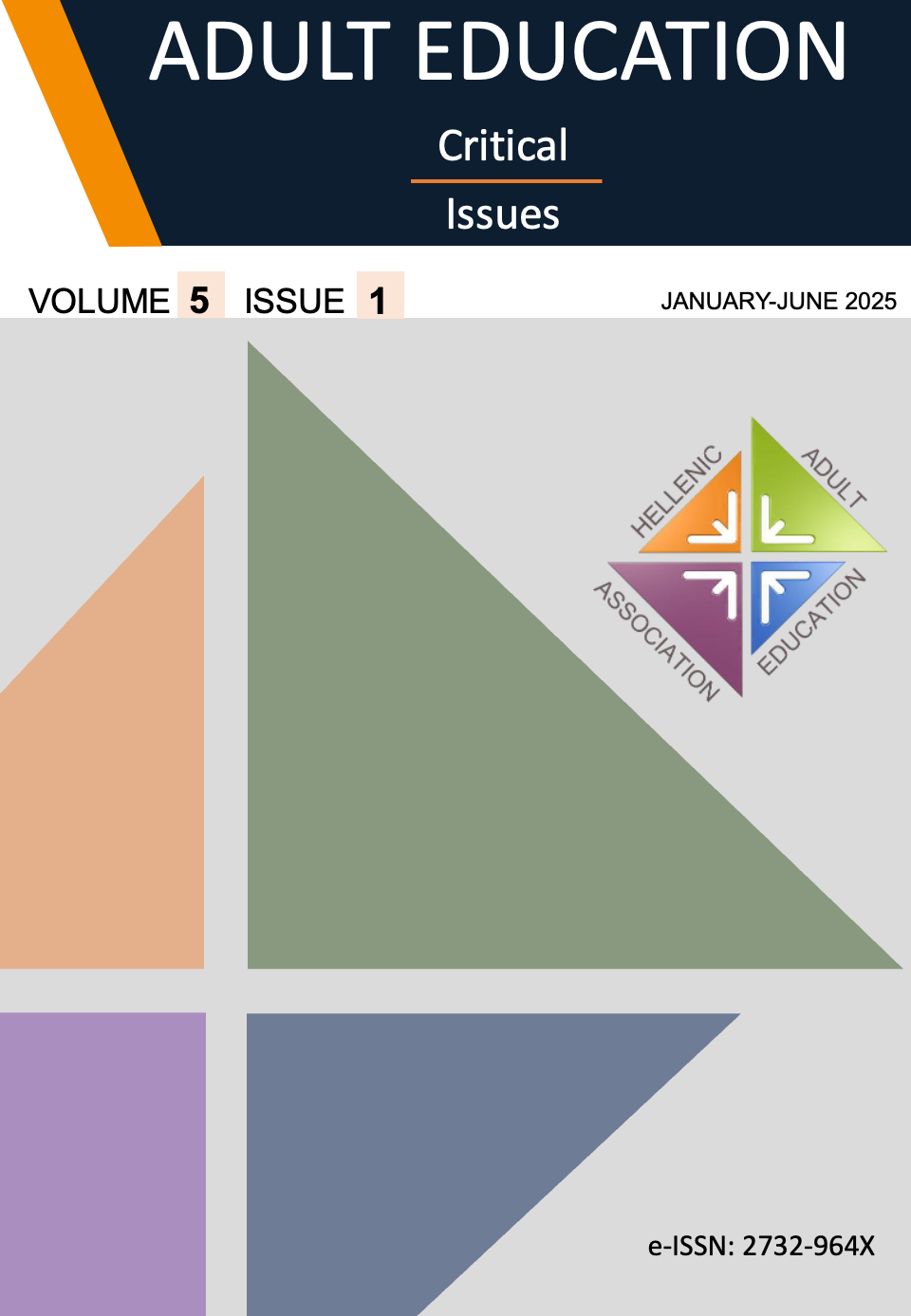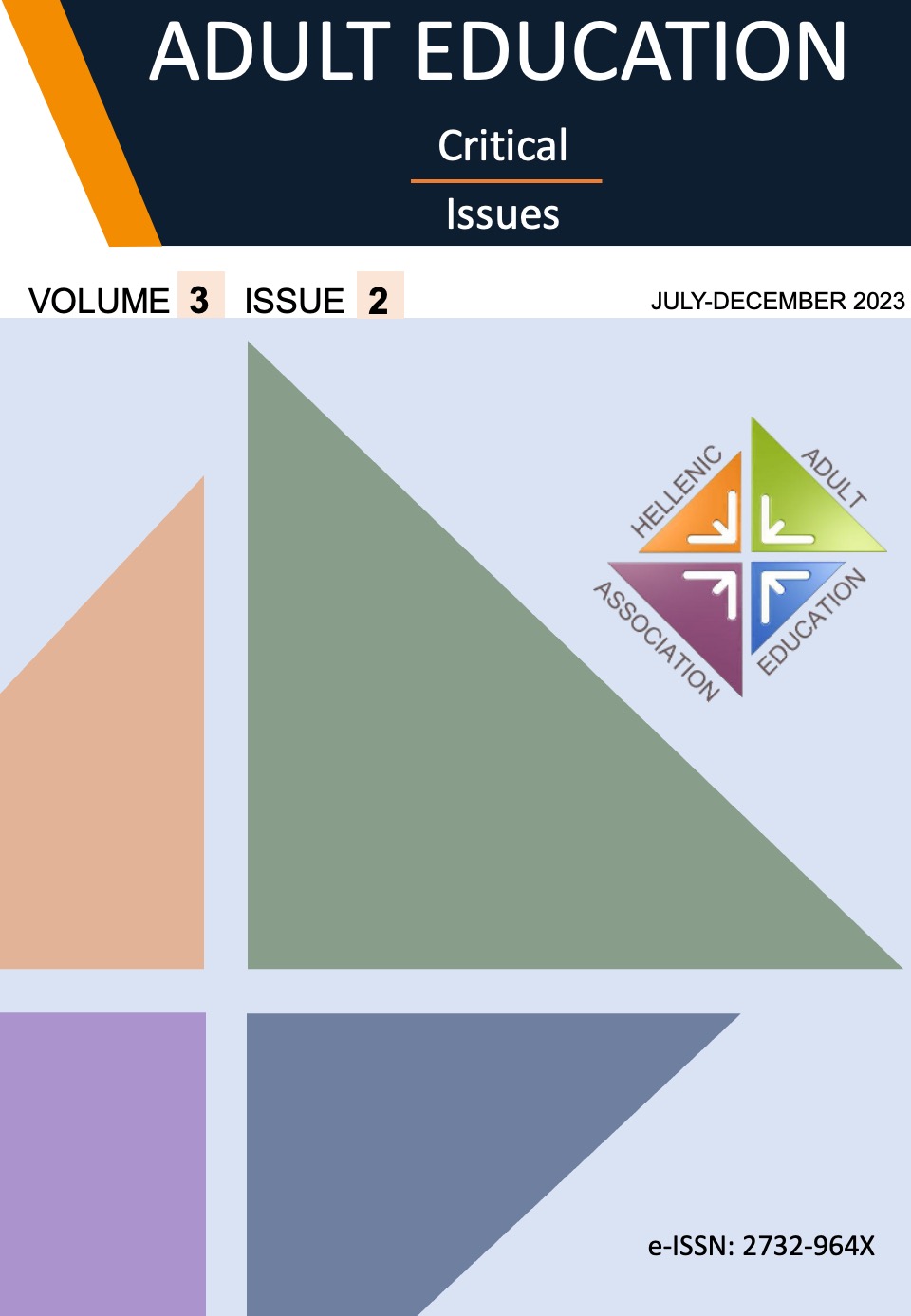Quality Assurance in Public Vocational Education Institutions

Abstract
This paper examines the perceptions of VET educators with regard to the extant legislative framework for evaluation. Following an overview of the concept of quality, with particular reference to its relationship with evaluation and quality assurance, we examine the manner in which these principles are reflected in the recent legislative framework for Public IEK (DIEK). Subsequently, the findings of a qualitative study conducted with the participation of ten DIEK instructors are presented. The instructors highlight the diverse perceptions of quality among educators in DIEK and also emphasize the challenges associated with adopting different practices, particularly in the context of resistance to change and suspicion regarding the processes involved. Overall, quality assurance is perceived as a complex process, with the trainers' reservations focusing on the lack of preparation and its implementation in the field.
Article Details
- How to Cite
-
Karakolia, V., & Vasilopoulos, A. (2025). Quality Assurance in Public Vocational Education Institutions. Adult Education Critical Issues, 5(1), 23–34. https://doi.org/10.12681/haea.39229
- Section
- Articles

This work is licensed under a Creative Commons Attribution 4.0 International License.
Authors who publish with this journal agree to the following terms:
- Authors retain copyright and grant the journal right of first publication with the work simultaneously licensed under a Creative Commons Attribution License that allows others to share the work with an acknowledgement of the work's authorship and initial publication in this journal.
- Authors are able to enter into separate, additional contractual arrangements for the non-exclusive distribution of the journal's published version of the work (e.g., post it to an institutional repository or publish it in a book), with an acknowledgement of its initial publication in this journal.
- Authors are permitted and encouraged to post their work online (e.g., in institutional repositories or on their website) prior to and during the submission process, as it can lead to productive exchanges, as well as earlier and greater citation of published work (See The Effect of Open Access).



